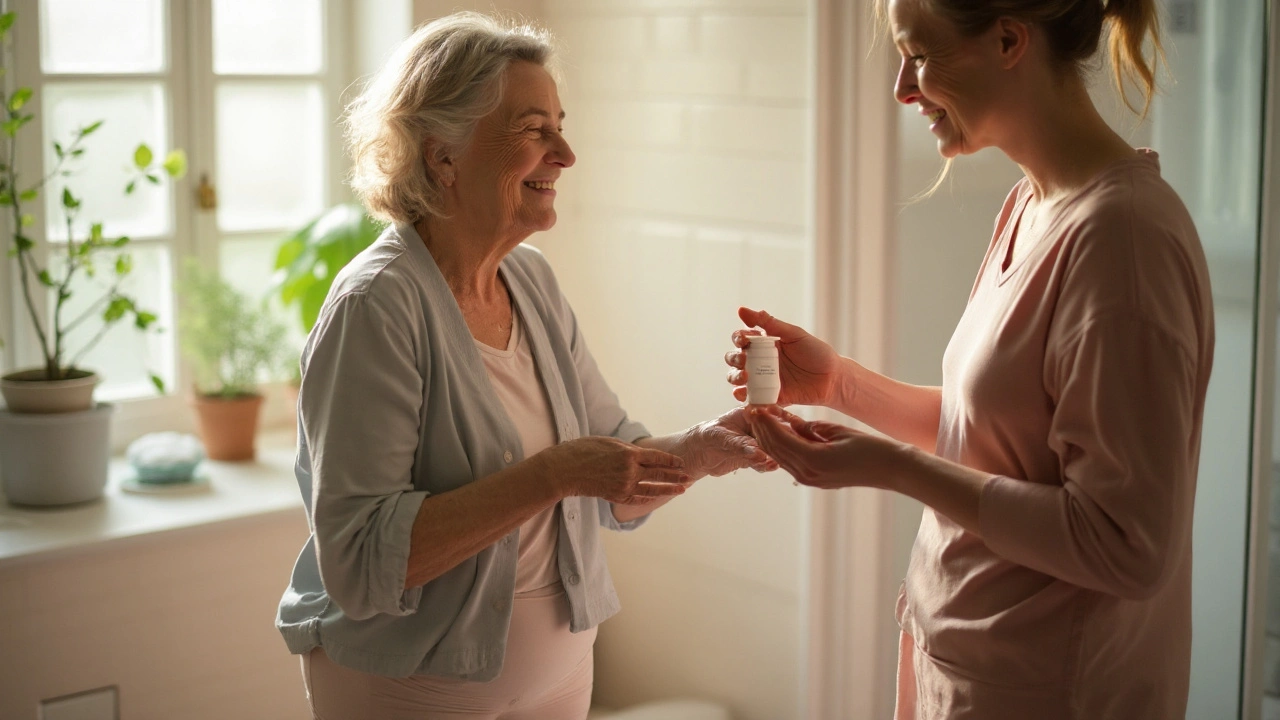Senior Health: Practical Tips for Staying Strong and Safe
Getting older brings new challenges, but it also brings chances to feel better if you know the right moves. This guide gives you straight‑forward advice you can start using today, whether you’re 65 or 85.
Common Health Challenges for Seniors
Most seniors notice a few things that keep popping up: joint aches, memory slips, lower energy, and a higher risk of falls. Arthritis can make simple tasks feel heavy, while a slower metabolism often leads to weight gain even if you’re not eating more. Blood pressure can drift up, and the heart works harder to pump blood. On the mental side, stress, loneliness, and little sleep can mess with mood and memory.
Another big issue is medication overload. It’s easy to end up with several pills that interact or cause side effects like dizziness. Finally, the gut gets temperamental – antibiotics, diet changes, and slower digestion can cause bloating or constipation.
Everyday Strategies to Boost Senior Wellness
Start with movement. A 20‑minute walk around the neighborhood, gentle yoga, or chair‑based exercises keep joints lubricated and muscles strong. If you’re not used to exercising, break it into five‑minute chunks and build up. Consistency beats intensity for seniors.
Watch your diet. Aim for colorful plates: leafy greens, berries, lean protein, and whole grains. Small, frequent meals help keep blood sugar steady and can reduce heartburn. Stay hydrated – a glass of water every hour is a simple habit that supports kidney function and cognition.
Take charge of your meds. Keep a list of every prescription, over‑the‑counter product, and supplement. Check with your pharmacist or doctor if something feels off. Setting alarms on your phone can help you stick to the right schedule.
Sleep matters. Keep the bedroom cool, dim, and free of screens at night. If you’re waking up to use the bathroom, try limiting fluids after dinner and avoid caffeine late in the day.
Social connections protect brain health. Join a local senior center, volunteer, or schedule regular video chats with family. Even a short phone call can lift mood and sharpen memory.
Safety at home prevents falls. Remove loose rugs, install grab bars in the bathroom, and keep night lights on the hallway. Wearing sturdy shoes with non‑slip soles makes a big difference.
Lastly, mental exercise is as important as physical exercise. Puzzles, learning a new hobby, or reading keeps the brain active. If you feel down or anxious often, talk to a health professional – simple counseling or medication can help.
Staying on top of health doesn’t have to be overwhelming. Pick one tip, try it for a week, and add another. Small steps add up to a stronger, safer, and happier senior life.
Elderly Incontinence Care: Practical Tips for Caregivers & Families
Learn how to manage incontinence in older adults with real‑world tips for caregivers and families, covering products, routines, skin care and more.
